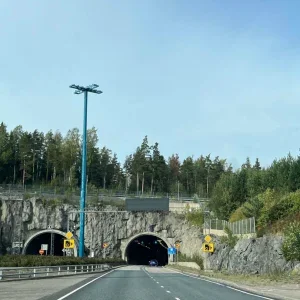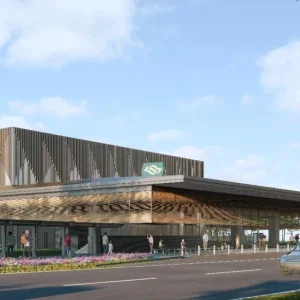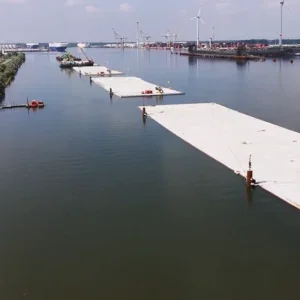UK infrastructure will receive an approximately GBP 30bn (USD 46.5bn) investment windfall. Chancellor George Osborne will announce spending plans tomorrow for the initiative dubbed the ‘National Infrastructure Plan’. Some 40 infrastructure projects were outlined as targets, including the Tyne and Wear metro and the Northern Line extension to Battersea.
The UK Treasury said it hopes that two thirds of the total will come from the National Association of Pension Funds and the Pension protection Fund.
Chief secretary to the Treasury, Danny Alexander added, “We’re putting in place a new arrangement with private pension funds – the first time this has been done in this country – to try and unlock pension fund money to go into infrastructure.”
Alexander said that he was surprised to learn recently that projects in the UK have been funded by foreign pension investment. He cited the Birmingham airport runway extension, which was paid for by the pension funds of Canadian teachers and Australian miners.
Despite Alexander’s shock, the opportunity for pension scheme investment of this sort will not be alien to the government. The state sold the High Speed One rail link in November 2010 in an attempt to cut the country’s budget deficit. The buyer was a Canadian consortium comprised of Borealis Infrastructure and the Ontario Teachers’ pension fund. The price was GBP 2.1bn (USD 3.4bn). The project cost over GBP 5bn (approximately USD 8bn) to build.
The UK Government will invest GBP 5bn (USD 7.75bn) to be paid for by further spending cuts. Alexander said these will come from ‘under spend’ areas in government, including carbon capture and storage negotiations, as well as a crack down on tax avoidance.
Chairman and CEO of, China Investment Corporation (CIC), Lou Jiwei, wrote in the Financial Times yesterday that the state-owned investment institution (and China’s main sovereign wealth fund) has also been looking to, and will participate in PPP schemes in the UK.
“Local knowledge is essential,” said Jiwei. “Foreign investors without this expertise cannot lead a project. Local co-investors and operators can fill this gap. Governments should encourage domestic players to take the lead in infrastructure projects, and attract foreign investment.”
Jiwei added that infrastructure in Europe and the US badly needs more investment. “Traditionally, Chinese involvement in overseas infrastructure projects has been as a contractor only. Now, Chinese investors also see a need to invest in, develop and operate projects.
“Infrastructure spending is an important way to boost consumption and it also acts as a spur to economic growth. One need only look at China to see what can be achieved. Between 1979 and 2007, China committed vast resources to infrastructure development. In the wake of the 2008 financial crisis, the government introduced a CNY 4tn (USD 627bn) economic stimulus package, with a large part of the money directed into infrastructure. As a result, China’s annual economic growth rose from 6.8 per cent to more than 10 per cent from late 2008 to the end of 2009.
Jiwei continued, “Infrastructure is underinvested in European countries […] Free of the inflationary pressure that afflicts many emerging economies, the US and Europe should make substantial investment.
“We cannot count on developing countries to deliver a stable economic recovery on their own. China has taken a set of ambitious and effective measures to stimulate domestic demand and consumption. Yet Chinese consumption is still small as a share of the global total. If the world stakes too much on the export-led growth strategy, it may turn out to be a ‘zero-sum’ game to the detriment of the global economy.”
Trades Union Congress (TUC) general secretary Brendan Barber said the government needs to change course and introduce ‘immediate measures to support jobs and promote growth. “The chancellor’s economic ‘Plan A’ has sent unemployment to a 17-year high and the UK’s economic outlook is the gloomiest it’s been since the end of the recession.”
Barber and the TUC called for a VAT cut, a reverse of the public sector wage freeze and a one-off increase to child benefits in time for Christmas.







